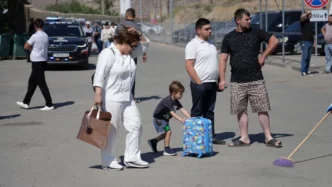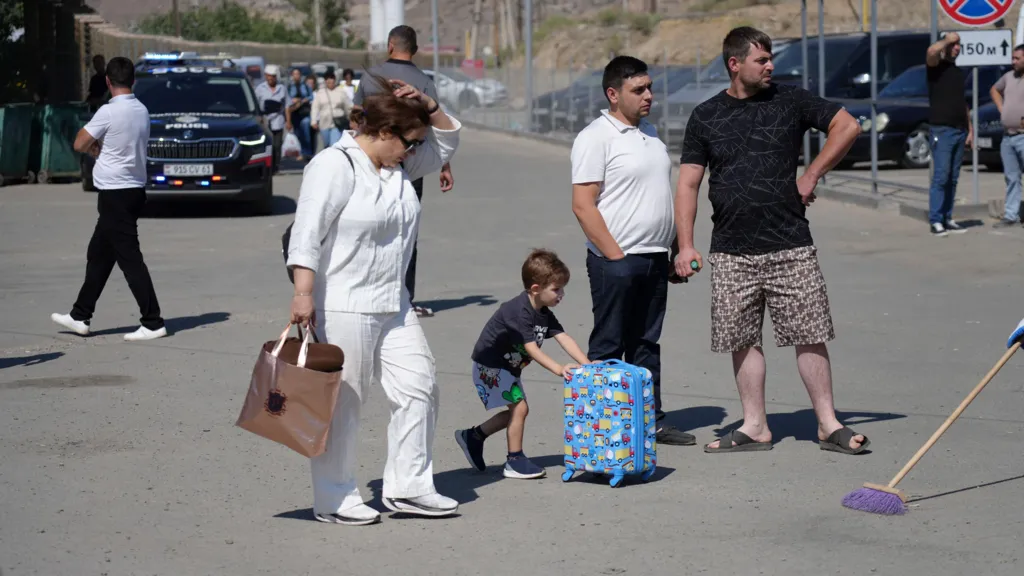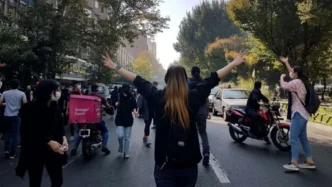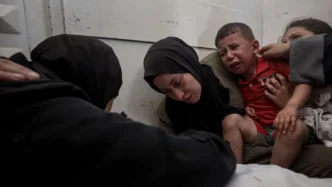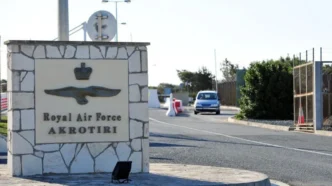Iranians Flee to Armenia Amid Escalating Conflict with Israel
As the conflict between Israel and Iran enters its second week, panic and fear are driving many Iranians to flee the country. At the Agarak border crossing in southern Armenia, long queues of cars and weary travelers are forming — many hoping to escape the nightly air raids that have gripped parts of Iran.
Conflict Sparks Mass Exodus from Iran
On June 13, Israel launched a wave of strikes targeting Iranian nuclear and military sites, igniting the latest round of hostilities between the two nations. In response, Iran retaliated with missile attacks, triggering further escalation.
So far, 657 Iranians have reportedly been killed, according to the Human Rights Activists News Agency (HRANA). In Israel, at least 24 people have died due to Iranian counterattacks.
The bombardments have sparked widespread fear in Tehran, a city of over 10 million people. Israeli officials claim to have established air superiority over Iran’s capital, urging civilians to evacuate certain districts.
Long Journeys to Armenia as Flights Halted
Many of those arriving in Agarak, Armenia, had driven for 12 hours or more, with no flights or safe alternative routes available. Among the travelers were Iranian dual nationals and foreign residents who had returned to Iran for holidays.
“Every night is like a war zone,” said a young Afghan man fleeing Tehran. “There’s no sleep, just explosions.”
One woman, clutching her baby, was waiting as her husband bargained with local taxi drivers. Another family said they were returning to Austria after visiting Tabriz.
“People who have somewhere to go are leaving,” said another man. “It’s not normal anymore.”
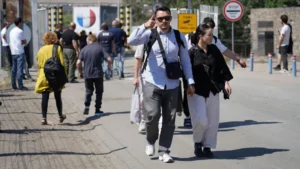
Many say they came to Iran for summer holidays and are now returning back to their places of residence
“Everyone Is Scared”: Voices from the Border
At the dusty, desolate border checkpoint surrounded by rocky mountains and scorching heat, travelers shared chilling accounts of the chaos back home.
A young woman heading back to Australia said,
“I saw something horrible. I can’t talk about it. But imagine someone attacking your country — how could you feel normal?”
Another man, Javad, leaving the northeastern city of Sabzevar for Germany, dismissed suggestions that Israel’s offensive might bring about regime change in Iran.
“Israel is our enemy, not our savior,” he said. “They want change for themselves, not for us.”
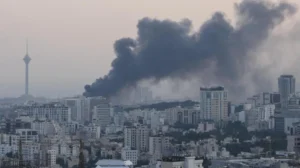
Israel has struck Tehran repeatedly
Not All Are Fleeing: Some Choose to Return
While many were leaving Iran, a few travelers at the Agarak crossing were heading back. One such man, Ali Ansaye, had vacationed in Armenia and insisted on returning home despite the air raids.
“I’m not afraid. If I’m meant to die, I’ll die in my country,” he said defiantly. “Israel is harassing the whole world — Gaza, Lebanon, everywhere.”
He criticized the international double standards around nuclear weapons:
“How can a small country like Israel have nuclear weapons, but Iran, which says its program is peaceful, cannot?”
Israel maintains a policy of ambiguity around its nuclear capabilities, neither confirming nor denying possession of nuclear weapons.
Regional Fallout Looms
With growing unrest in Tehran and major Iranian cities, a regional humanitarian crisis may be emerging. Meanwhile, Armenia, a relatively neutral neighbor, is seeing increasing pressure at its borders as families seek refuge from what some are calling the most dangerous phase of Israel-Iran tensions in decades.
